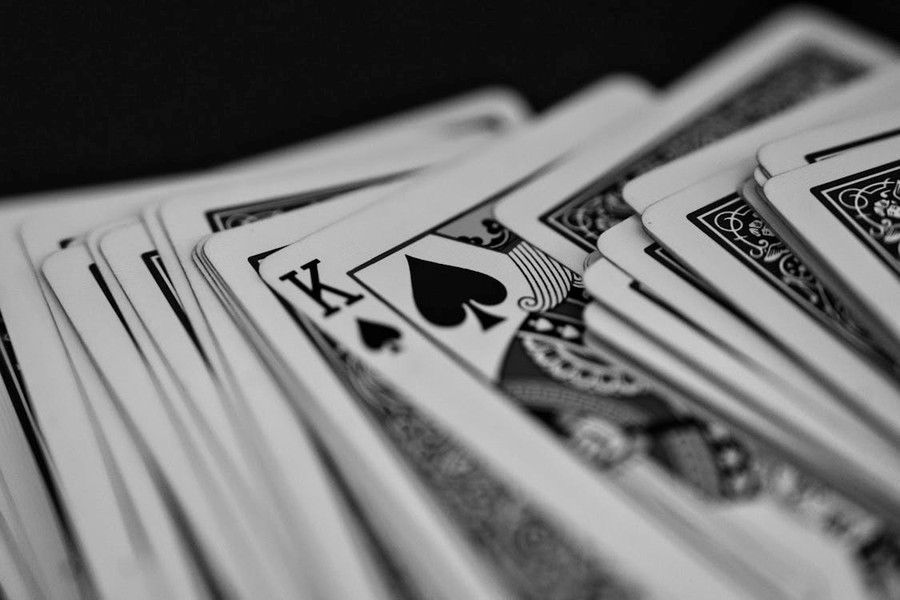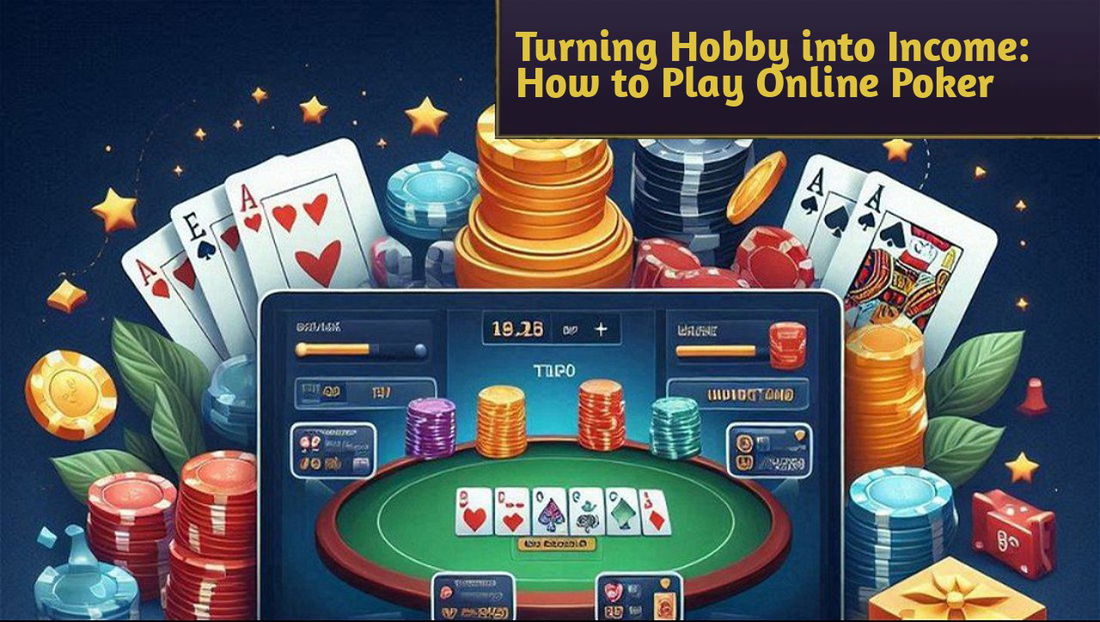The White Flag
Surrender is an optional rule in the game that does exactly what you’d expect. You give up. However, it’s much more useful than taking insurance, a move advised against because it increases the house’s edge.
You’ll want to remember a few things before waving the white flag.
First, surrender requires knowledge of outcomes, as there’s little point in surrendering if you’ve got a better-than-half chance of winning. Also, you can only surrender if three cards have been laid on the table - two of your own and the dealer’s face-up card.
Usually, you’ll have a choice of early or late surrender, which describes whether you quit before or after the dealer checks their second or “hole” card. The former option, early, isn’t seen often at online or brick-and-mortar casinos, as it doesn’t work in the casino’s favor. In fact, it decreases the house’s advantage by 0.6%.
Most of the advice below will help you surrender late.
Poker and Pairs
Surrender’s popularity has arguably increased in recent years, helped by games like Poker and Pairs Blackjack Surrender. This variant of the classic game is in the "Best of Blackjack" category in the best NJ casino app for the game, Playstar.
Ad
Poker and Pairs Blackjack Surrender is dedicated to side bets but the inclusion of the surrender rule in the marketing stresses how rare the option can be. In this case, surrender allows the player to recoup 50% of their bet, although, this figure can vary elsewhere. The game is downloadable for iOS.
Should you use surrender in a classic blackjack game? If you can, yes. As mentioned, you’ll avoid a difficult scenario and get a portion of your bet back. Note that the presence of the surrender rule isn’t always made explicit at land-based casinos so ask the dealer if there’s any confusion.
Late Surrender
As mentioned, late surrender means you're giving up after the dealer checks for blackjack, a value of 21. If the dealer gets blackjack, you can't surrender. That would be unfair.
 Pexels
Pexels "/>
"/>
All your decision-making will be done based on the dealer's face-up card.
Generally, you'll want to surrender if the dealer has a 9, 10, or an ace versus your “hard” 15 and 16 and a “soft” 17 or 18. Soft hands contain an ace, which can be ranked 1 or 11. Hard hands do not.
Given its dual values, the ace card complicates matters. Casinos, both online and offline, may stand on different values if they have a hard or soft value, such as 17 - and, again, they may not offer surrender at all. In this case, it’s best to hit (ask for another card).
Ad
Surrender arguably isn’t something you’ll be using often (many basic strategy tables only list four instances when it’s best to give up) but, over time, surrendering can protect your bankroll by reducing your losses.





— Comentarios
0Se el primero en comentar